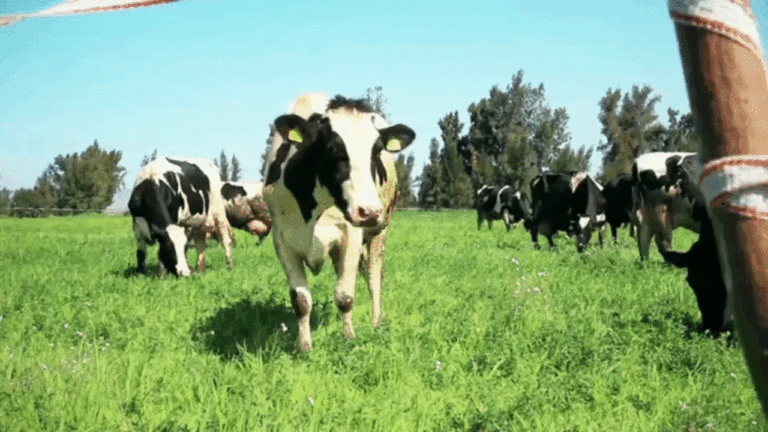The slowdown in domestic consumption is causing China to import fewer products, which affects a variety of goods exported to that country by South American nations.
Currently, given the fluidity of the international crisis and the frequent disagreements in Mercosur, Argentina and Uruguay are replacing China as suppliers of powdered milk to Brazil, a historical and very strong importer of this commodity.
This competitive advantage for the two powerful Rio de la Plata dairy farmers is also due to the effect of the tariff of the Mercosur (28%) on extra-regional dairy origins.
But these imports are having an ever worsening impact on the ever-declining Brazilian dairy industry, which has already been in decline for six years.
Brazil would again restrict purchases from its partners
So the Brazilian dairy sector, as it has done in past decades, is resorting to no other factor than pressuring its government to establish restrictions on purchases from the Rio de la Plata community partners.
Brazil this year should have increased these imports by a staggering 294%. The three main suppliers were Uruguay (48%), Argentina (42%) and Paraguay (10%), as reported by the National Milk Institute (Inale) Uruguayan.
In cheeses, the main exporter to Brazil was Argentina (63%), followed by France (13%), and Uruguay (11%), added the Inale.
If confirmed, Brazil's new tariff hike will have a significant impact on the rioplatense dairy production.
In Uruguay, foreign sales of this item decreased by 43% last January, and by 6.5% between February 2022 and 2023, according to data from the National Cooperative of Milk Producers (Conaprole).
In Argentina, according to statistics from the Observatory of the Argentine Dairy Chain (OCLA), export values between January and June 2023 fell by 14.9% compared to 2022.
Uruguay and Argentina were in the lead
In the 2020/2021 biennium, according to the Observatory of Economic Complexity (OEC)Uruguay was South America's leading exporter of concentrated milk to the world, with US$560 million, followed by Argentina, with US$520 million, and far behind on the podium, Chile52 million.
Also Uruguay in 2021 was the largest regional exporter to the world of butter, cream, yogurt and other derivatives, whose placements represented 0.21% of the world total for US$11 million. Lagging behind were Argentina (0.051% of the world total, $ 2,610,000), and Brazil (0.019%, $ 1 million).
In 2021, the Mercosur country that most increased its milk export trade value to the world was. Uruguay$ 6,800,000, compared to $ 5,250,000 a year earlier. However, Brazil The same year it was the leader, with $ 17,700,000, and in third place regionally, Argentina, with $ 2,900,000. Community cheese exports totaled $ 468,240,000. Argentina304 million, with $ 304 million, and Uruguay$ 107 million, were once again the leaders of the South American group. Followed far behind by Chile33 million, $ 33 million, and Brazil$ 23 million.
But between 2019 and May 2023, the highest world export values for milk, unconcentrated or concentrated, were captured by Brazil and Chilecurrently without South American rivals.



